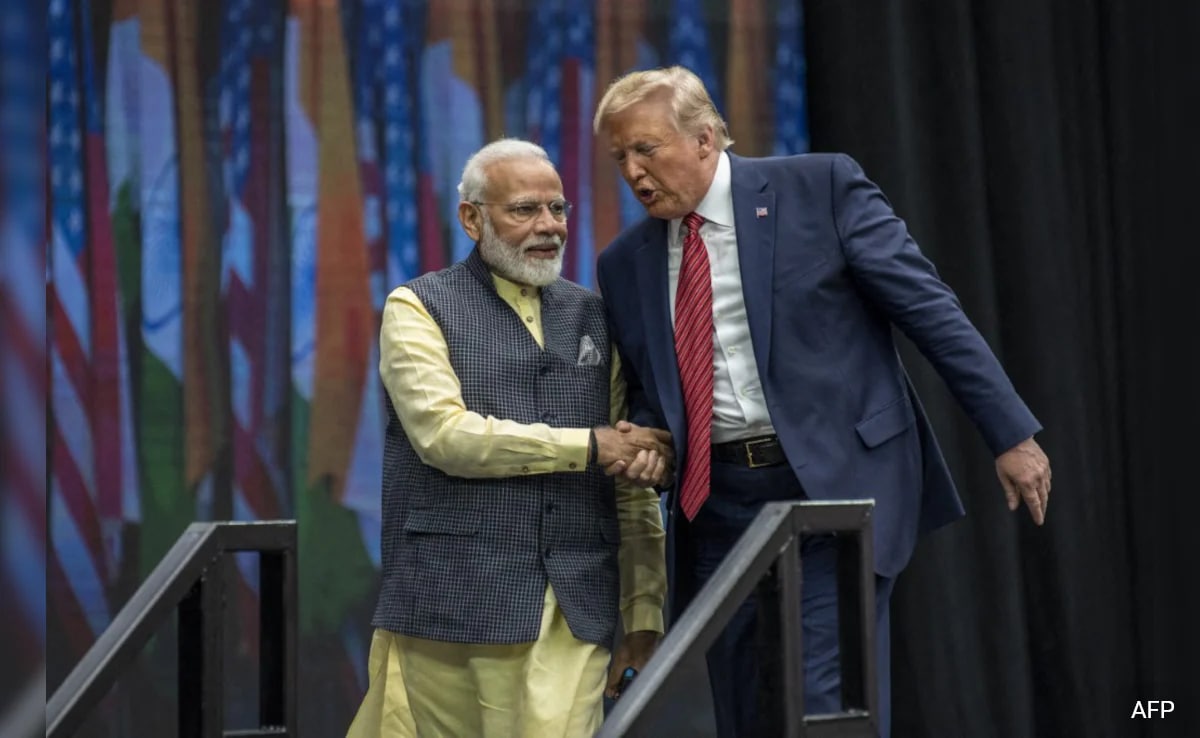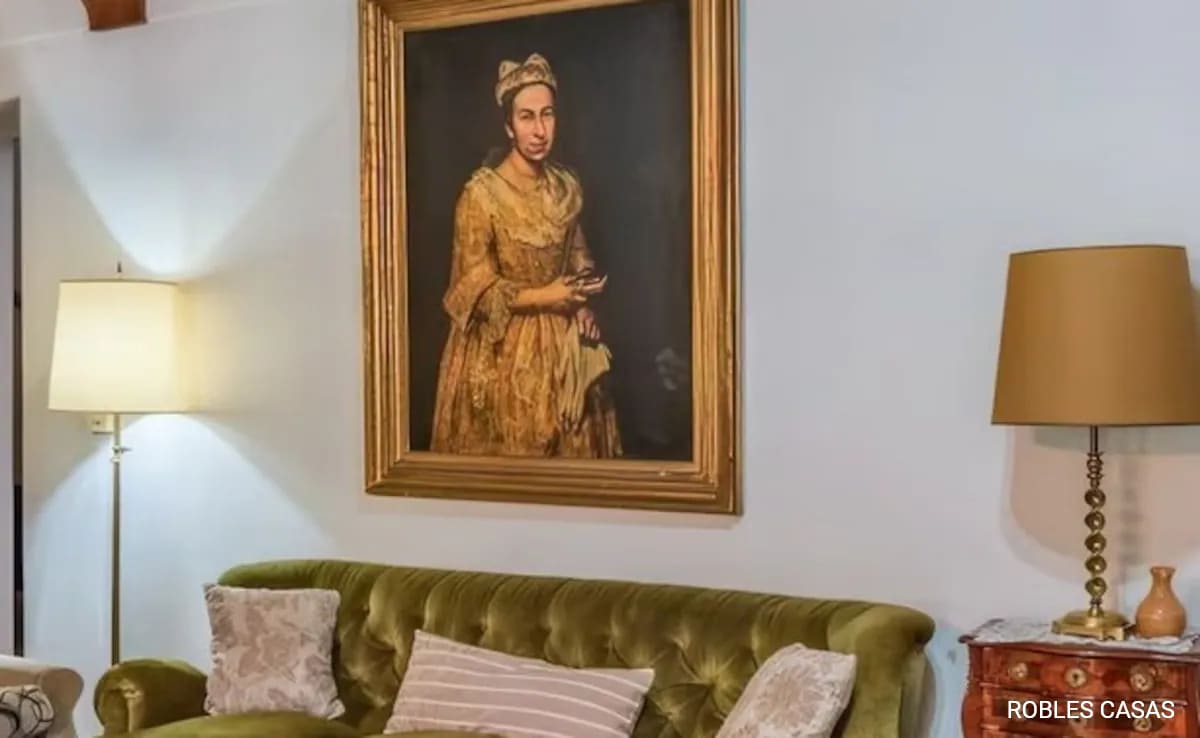The arrest of Parvez marks an escalation in the crackdown in Kashmir that has swept up activists, journalists, and even political leaders seen as critical of Prime Minister Narendra Modi’s government, which controversially revoked the region’s semiautonomous status in 2019, leading to protests.
According to an arrest document reviewed by The Washington Post, Parvez has been charged under a stringent anti-terrorism law for raising funds for terrorist acts. The provisions of the law, which critics call draconian, allow authorities to jail people without filing charges for three months — and that period can be extended.
Mir, his wife, denied the charges and said she was not aware of what triggered the arrest. The family has not been served a copy of the case against him.
The authorities seized Parvez’s laptop, cellphones and a few books, including on Hindu nationalism, according to a document reviewed by The Post.
In October last year, the anti-terrorism investigation agency conducted raids against people in Kashmir, including activists such as Parvez and a journalist. The agency said it was investigating the groups and individuals that were raising funds and using them to carry out “secessionist and separatist activities” in Kashmir.
In 2016, Parvez was stopped from leaving the country to participate in a session at the United Nations Human Rights Council in Geneva where he was to present his organization’s findings on rights violations in Kashmir. He was jailed later for what the authorities described as activities supporting separatists. A court freed him more than two months later, calling his detention “illegal” and an “abuse of power.”
International rights groups expressed concern over the current arrest of Parvez and called upon the Indian government for his immediate release.
“He’s not a terrorist, he’s a Human Rights Defender,” said Mary Lawlor, a U.N. Special Rapporteur on Human Rights Defenders, in a tweet.
The Rafto Foundation, a Norway-based human rights nonprofit, that had given its 2017 award to the president of JKCCS, said the group and Parvez had “consistently espoused nonviolence and acted impeccably as human rights defenders.”
For decades, the Indian government has battled militants seeking independence from India or merger with Pakistan.
In 2019, Modi undid seven decades of history by unilaterally revoking a constitutional measure that provided Indian-administered Kashmir a degree of autonomy and stripped the region of statehood, radically altering India’s relationship with the region.
The government said the decision, opposed by the locals, would bring peace and development to Kashmir. In its aftermath, India instituted an unprecedented communications blackout and arrested thousands of civilians, as reports of abuses by security forces surfaced.
The action against Parvez came following a tense week in Kashmir. The region was convulsed by furious demonstrations after the deaths of two business executives during a raid by security forces at a shopping complex on Nov. 15.
Officials said the two civilians were killed in crossfire during a gunfight with suspected militants and quickly buried them. Prominent local political leaders, including Mehbooba Mufti, the former top elected leader of Jammu and Kashmir, accused police of using the men as human shields during the shootout and criticized the counterinsurgency operations in the region, which have left a trail of civilian deaths that are not fully accounted for. For decades, Kashmir residents have accused security forces of staging fake gunfights and covering up extrajudicial killings.
In the face of mounting public pressure, Kashmir’s lieutenant governor ordered a probe into the encounter and officials agreed to return the bodies of the civilians to relatives. Shop, businesses and offices shut across the region in protest over the incident.
Indian security forces last month launched a weeks-long campaign into a heavily forested region near the Pakistan border to search for militants responsible for killing nine Indian soldiers.
Irfan reported from Srinagar, India.
Read more:
.png)










 English (United States) ·
English (United States) ·  Turkish (Turkey) ·
Turkish (Turkey) ·